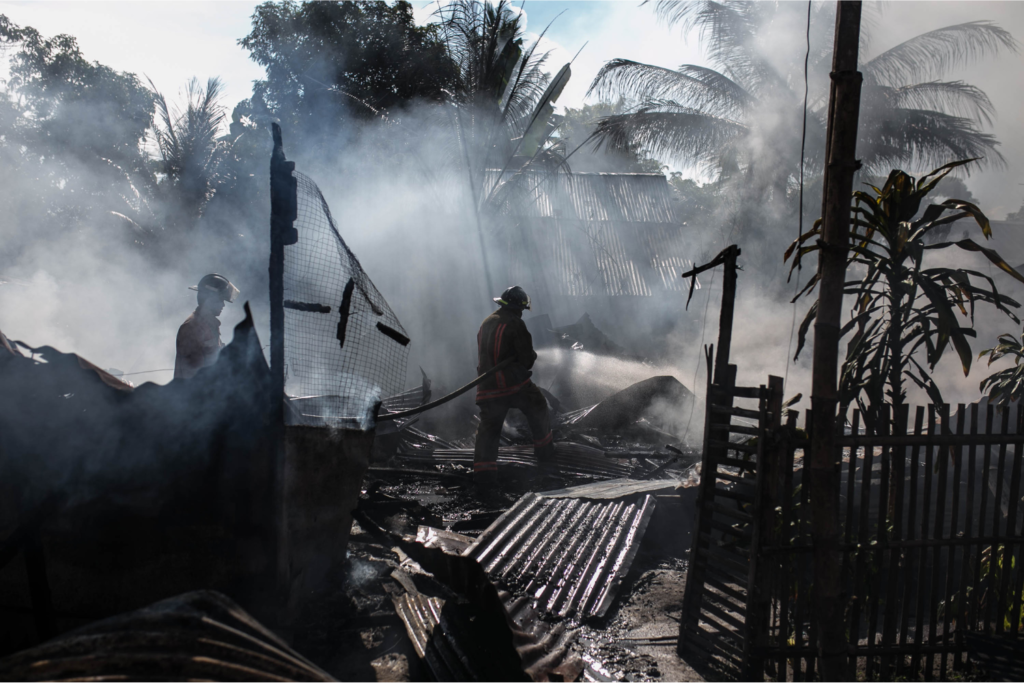Examining the Effective Role of Artificial Intelligence in the Interconnected Crisis of Climate Change and Human Migration
F.Aysin Anka, Fahri Erenel and Farzad Kiani
The authors examine the link between climate change and migration, using data mining to identify key environmental and socioeconomic drivers. Findings show that water scarcity and prolonged droughts are major…









We’re in a polycrisis. Philanthropy should adopt a systems-focused approach.
Lior Ipp
The author discusses the interconnected nature of current global challenges, emphasizing the substantial impact of locally-led, systems-focused approaches in addressing multidimensional issues. He highlights the importance of early-stage local organizations’…